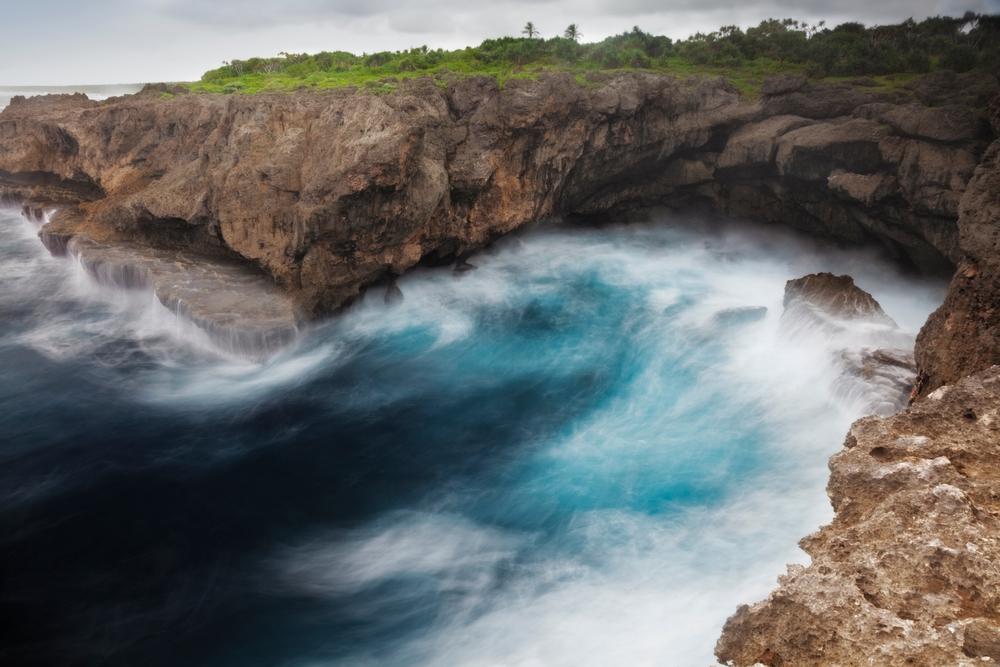“Sorry about all this traffic,” the taxi driver remarked as we drove through the “city” of Nuku’alofa.
Traffic? I had to grin.

“Sorry about all this traffic,” the taxi driver remarked as we drove through the “city” of Nuku’alofa.
Traffic? I had to grin.